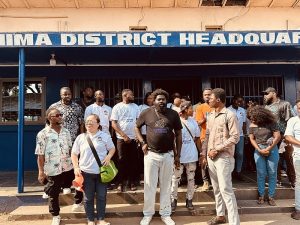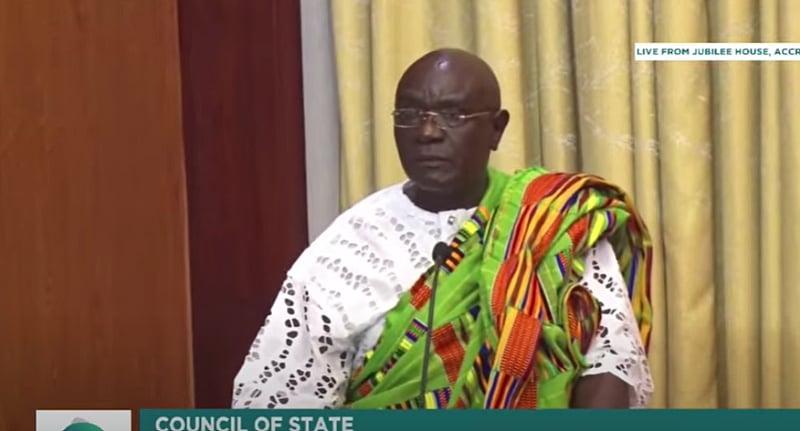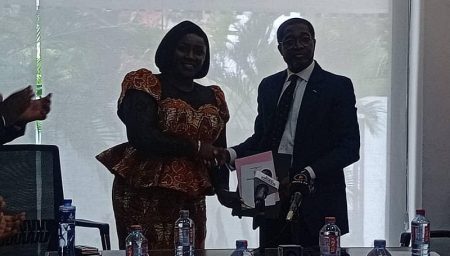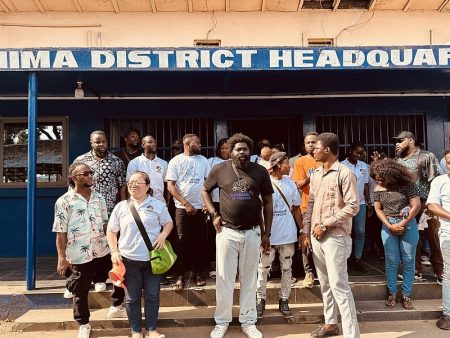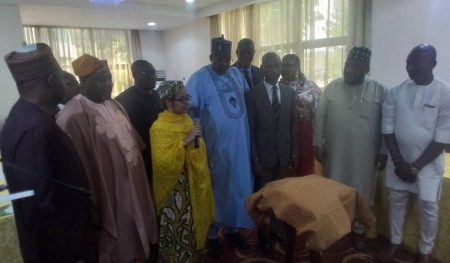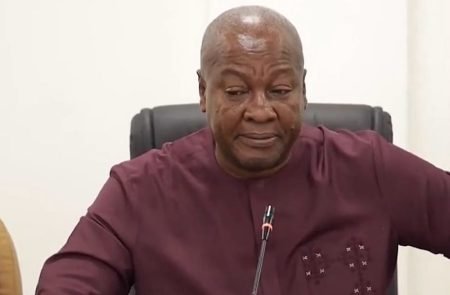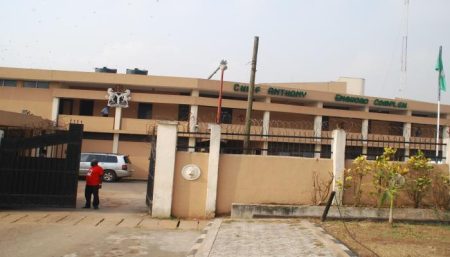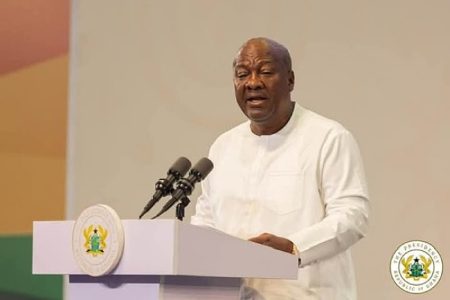The Council of State, a vital advisory body within Ghana’s governance structure, recently underwent reconstitution with the swearing-in of 31 members by President John Dramani Mahama. This event marked the commencement of a new term for the council, which comprises both elected and appointed representatives, reflecting a diverse range of expertise and experience. Edward Doe Adjaho, Chairman of the Council of State, affirmed the council’s unwavering commitment to supporting President Mahama in strengthening governance and national development. This pledge signifies a renewed dedication to fulfilling the council’s constitutional mandate and contributing meaningfully to the nation’s progress.
The inauguration of the Council of State was met with both anticipation and skepticism. While some questioned the relevance and efficacy of the council, even advocating for its abolition, Chairman Adjaho emphasized the council’s crucial role in national affairs. He asserted that the newly constituted council, with its collective experience and expertise, would operate differently, demonstrating its value and impact on governance. Adjaho’s assurance aimed to dispel doubts and reaffirm the council’s commitment to serving as a valuable resource for the president and the nation.
The Council of State’s primary function is to offer counsel and guidance to the president on a wide array of national issues. This advisory role extends to matters of policy, legislation, and governance, providing the president with a diverse range of perspectives and informed opinions. The council’s ability to draw upon the collective wisdom and experience of its members is seen as a crucial asset in navigating complex challenges and formulating effective strategies for national development. The council serves as a sounding board, offering constructive criticism and alternative viewpoints, ultimately contributing to more informed decision-making by the president.
The composition of the Council of State reflects a deliberate effort to incorporate diverse perspectives and expertise. The inclusion of both elected and appointed members ensures a balance of representation, bringing together individuals from various backgrounds, professions, and regions of the country. This diversity is intended to enrich the council’s deliberations and enhance its ability to provide comprehensive and nuanced advice to the president. The presence of seasoned politicians, experienced professionals, and community leaders creates a dynamic forum for discussion and analysis, fostering a more holistic approach to national issues.
The Council of State’s effectiveness hinges on its ability to maintain independence and objectivity in its advisory role. While the council works closely with the presidency, its primary responsibility is to provide impartial counsel based on the best interests of the nation. This requires the council to maintain a degree of autonomy, free from undue political influence or partisan considerations. The council’s credibility and impact depend on its ability to offer objective assessments and recommendations, even when these may differ from the prevailing political climate.
In reaffirming its commitment to supporting President Mahama and strengthening governance, the Council of State has embarked on a new chapter in its history. The newly constituted council, with its diverse membership and renewed sense of purpose, is poised to play a significant role in shaping national policy and contributing to Ghana’s progress. The council’s success will depend on its ability to effectively leverage its collective experience, maintain its independence, and provide sound counsel to the president on the critical issues facing the nation. The council’s commitment to working as a team and responding to the needs of the president and the nation underscores its dedication to fulfilling its constitutional mandate and contributing to a stronger and more prosperous Ghana.




